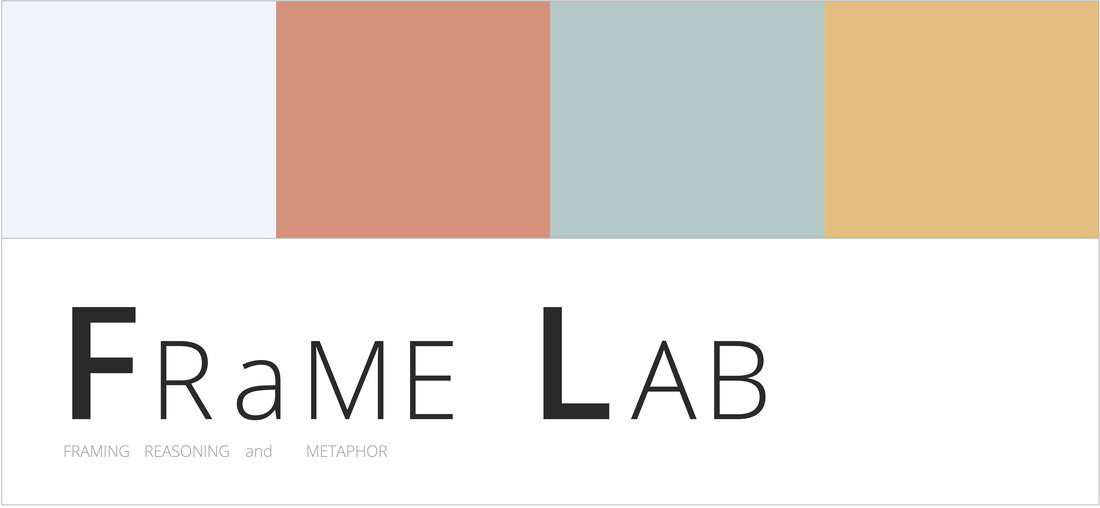TEACHING PHILOSOPHY |
|
We often talk about teaching as a form of data transfer: To successfully deliver content to our students, we must package complex ideas into an accessible format that we convey at the right speed. Despite its intuitive appeal, I think this is a poor metaphor for teaching and learning. Learning is something you do, not something you receive; it doesn’t take place in a vacuum, divorced from what you already know; and it requires emotional engagement. My view is that effective pedagogy takes into account how learning actually works. This approach has resulted in a number of basic principles, inspired by the science of learning and memory, that guide how I design and teach my courses. Ultimately, my goal is for students to leave my classes with a better understanding of their own minds and behavior, and with the ability to apply what they have learned to life outside the classroom.
|
COURSES |
|
Vassar College
|
|
COGS100: Introduction to Cognitive Science
COGS311: Seminar in Cognitive Science (Topic: Language and Thought) |
|
SUNY Purchase College
|
|
PSY1530: Introduction to Psychology
PSY2450: Learning and Memory PSY3320: Language and Thought ANT3540: Sensing & Knowing in Anthropology, Psychology, & the Arts (co-instructor) PSY3560: Research Methods I: Statistics and Design PSY4880: Psychology Senior Seminar |
|
Stanford University
|
|
Cognitive Psychology (co-instructor, summer course)
|
CONSULTING and LECTURING |
|
I provide consultations, lectures, and keynote addresses on effective, inclusive pedagogy and research-backed teaching practices. If you or your organization are interested in these services, please send me an email.
|
|
Experience: I worked for the Stanford University Center for Teaching & Learning from 2010-2012, offering classroom observations and consultations for graduate student teachers. From 2015-2018, I provided annual teaching workshops for faculty at SUNY Purchase College, and from 2018-2023 I served as the Faculty Director of Pedagogy Development. In this role, I organized regular workshops, gave lectures on effective teaching to various academic departments, delivered three keynote addresses to the faculty, and provided individual consultations and classroom observations for dozens of faculty members and graduate fellows. From 2020-2023, I worked as the pedagogy specialist for the NIH-funded Bridges to Baccalaureate & Beyond program. This work included organizing biannual workshops for community college faculty and scholars hired through SUNY’s PRODiG initiative ("Promoting Recruitment, Opportunity, Diversity, Inclusion and Growth").
|
